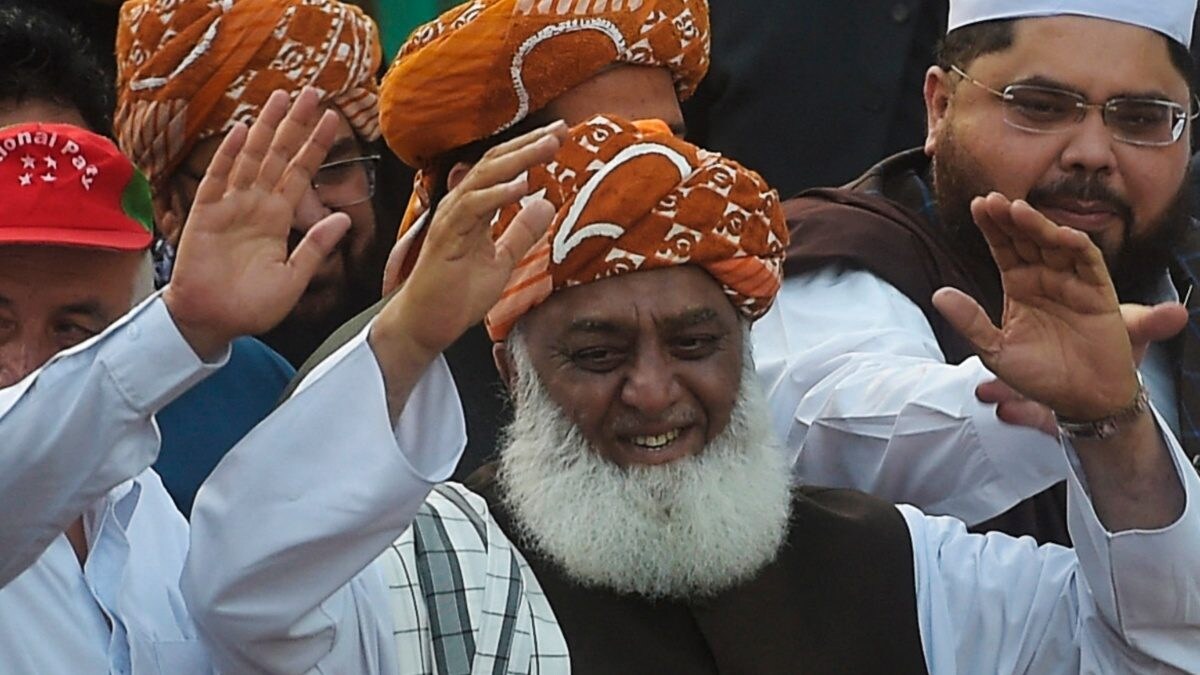[ad_1]
A prominent US lawmaker has asked the US social media companies about preparations they have made for elections in India, where social media platforms have a history of spreading misleading and false content. This comes as more than 70 countries are holding elections, with over two billion people casting ballots in 2024, in what is being dubbed as the “Year of Democracy.”
Australia, Belgium, Croatia, the EU, Finland, Ghana, Iceland, India, Lithuania, Namibia, Mexico, Moldova, Mongolia, Panama, Romania, Senegal, South Africa, the UK, and the US are expected to hold major electoral contests this year. The letter, written by Senator Michael Bennet, a member of the Senate Intelligence and Rules Committees, which has oversight over US elections, was sent to the heads of Alphabet, Meta, TikTok, and X, seeking information from these companies about their preparedness.
‘Dangers of Deepfakes’
“The dangers your platforms pose to elections are not new – users deployed deepfakes and digitally altered content in previous contests – but now, artificial intelligence (AI) models are poised to exacerbate risks to both the democratic process and political stability. The proliferation of sophisticated AI tools has reduced earlier barriers to entry by allowing almost anyone to generate alarmingly realistic images, video, and audio,” Bennet wrote.
In his letter to Elon Musk of X, Mark Zuckerberg of Meta, Shou Zi Chew of Tik Tok and Sundar Pichai of Alphabet, Bennet requested information on the platforms’ election-related policies, content moderation teams, including the languages covered and the number of moderators on full-time or part-time contracts, and tools adopted to identify AI-generated content. “Democracy’s promise – that people rule themselves – is fragile,” Bennet continued. “Disinformation and misinformation poison democratic discourse by muddying the distinction between fact and fiction. Your platforms should strengthen democracy, not undermine it,” he wrote.
‘World’s largest democracy’
“In India, the world’s largest democracy, the country’s dominant social media platforms – including Meta-owned WhatsApp – have a long track record of amplifying misleading and false content. Political actors that fan ethnic resentment for their own benefit have found easy access to disinformation networks on your platforms,” the Senator wrote.
Bennet then asked about details of their new policies and people that have placed for India elections. “What, if any, new policies have you put in place to prepare for the 2024 Indian election? How many content moderators do you currently employ in Assamese, Bengali, Gujarati, Hindi, Kannada, Kashmiri, Konkani, Malayalam, Manipuri, Marathi, Nepali, Oriya, Punjabi, Sanskrit, Sindhi, Tamil, Telugu, Urdu, Bodo, Santhali, Maithili, and Dogri?” he asked. “Of these, please provide a breakdown between full-time employees and contractors,” Bennet said.
‘China-linked actors’
The Senator told the social media CEOs that beyond their failures to effectively moderate misleading AI-generated content, their platforms also remain unable to stop more traditional forms of false content. “China-linked actors used malicious information campaigns to undermine Taiwan’s January elections. Facebook allowed the spread of disinformation campaigns that accused Taiwan and the United States of collaborating to create bioweapons, while TikTok permitted coordinated Chinese-language content critical of President-elect William Lai’s Democratic Progressive Party to proliferate across its platform,” it said.
According to the Senator, he has heard from the heads of the US Intelligence Community that the Russian, Chinese, and Iranian governments may attempt to interfere in US elections. “As these and other actors threaten peoples’ right to exercise popular sovereignty, your platforms continue to allow users to distribute fabricated content, discredit electoral integrity, and deepen social distrust,” he wrote. Bennet requested information on the platforms’ election-related policies, content moderation teams – including the languages covered and the number of moderators on full-time or part-time contracts – and tools adopted to identify AI-generated content.
(With agency inputs)
[ad_2]
Source link




